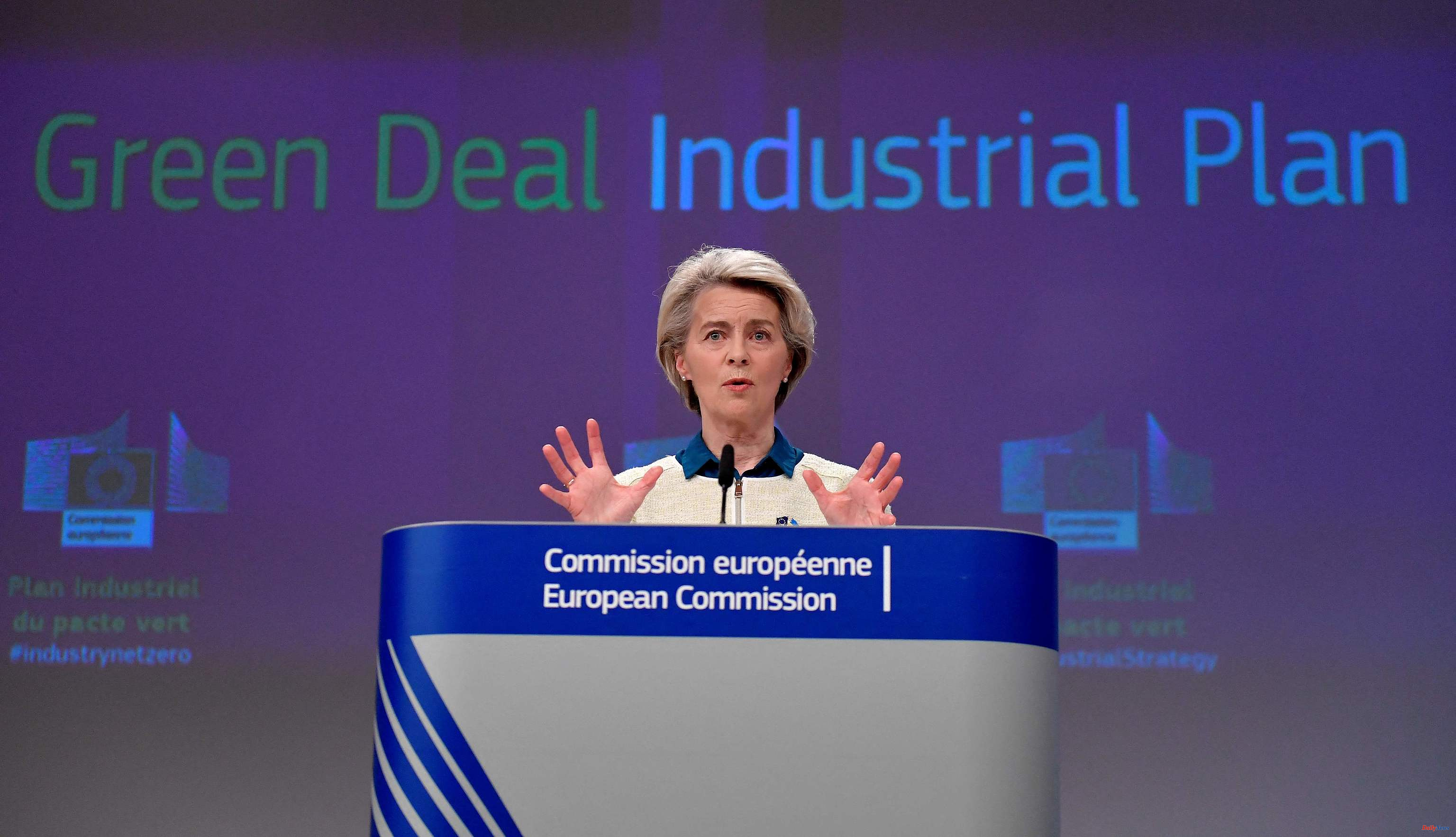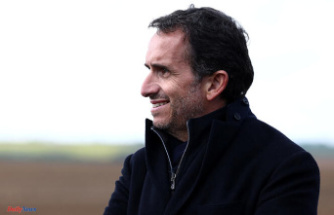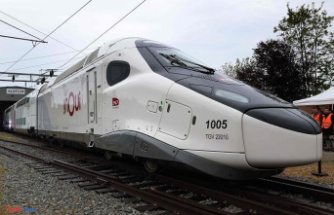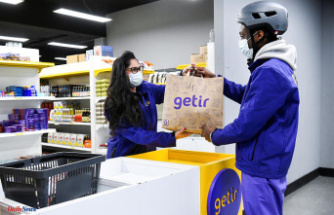In 2019, when some countries, the largest, advocated relaxing the EU Competition rules to promote the birth of European giants capable of imposing themselves on the global market, the response from Brussels was a resounding "no". They maintained that the risk was greater than the possible benefit, and although they admitted that China, above all, abused and doped its companies while putting obstacles to the European ones in its market, they resisted a change that, they feared, would end up creating German or French giants. , but not continental. Exactly four years later, and through a pandemic and a war, Brussels has changed its mind and today has opened the door to a profound transformation that wants to provide national companies with instruments to deal with the aid that Washington and Beijing give to companies. theirs, but which also jeopardizes the integrity of the single market.
"We have a unique opportunity to lead the way with speed, ambition and a sense of purpose and secure EU industrial leadership in Net Zero technologies. Europe is determined to lead the cleantech revolution. For our businesses and people, it means turn skills into quality jobs and innovation into mass production, thanks to a simpler and faster framework. Better access to finance will allow our key cleantech industries to grow rapidly," he said in a very abstract way this Wednesday Ursula von der Leyen, President of the European Commission, in the presentation of her proposal for a green industrial plan.
In the background there is a vital debate that will begin to be refined next week, in an extraordinary summit in which the heads of State and Government of the 27 will have to discuss how to respond to the IRA, the new North American legislation that gives aid millionaires to its green companies, but which punishes European firms. The EU wants Washington to give us the same treatment "at a minimum" as Canada and Mexico. And it prepares its own tax deductions to promote the green transition and equalize conditions with competitors from other continents.
The answer has two speeds and three pillars. On the one hand, modify the Temporary Crisis and Transition Framework, to allow more and faster State aid. The Commission is now officially asking all governments to comment on this, but the general principles are clear. It is about raising the established thresholds so that the states gain autonomy and can give aid from their regional, cohesion or any other funds without first having to consult the Commission, for example. In some cases, today, the limit is 10 or 20 million euros and they require a lot of exchange. The same would be done with deductions or tax credits for green technology.
Europe needs more plants, turbines, chips, panels, investment in hydrogen, hundreds of billions of euros. The US has mobilized almost half a trillion dollars in tax credits, deductions and direct aid. And any idea is valid to try to compensate, from auctions with a bonus for the production of hydrogen
On the other hand, in the long term, there is the idea of creating a new European Sovereignty Fund, hand in hand with the European Investment Bank. Something that would take time but that the President of the European Council, Charles Michel, wants to put on the agenda of the European Council to at least achieve a political consensus.
And in addition to all this, an Industrial Plan of the European Green Pact that is presented today to "simplify, accelerate and align the necessary incentives to preserve the competitiveness and attractiveness of the EU as a place of investment" for the industry. The Commission estimates that between 35% and 40% of all jobs could be affected by the green transition, so "developing the skills necessary for well-paid quality jobs will be a priority and the third pillar of the plan will focus on it."
A few days ago, in Davos, Von der Leyen already outlined the general lines. On the one hand, as many capitals request, simpler and more predictable rules. The Commission proposes this Industry Net-Zero directive that provides a simplified regulatory framework to support the industrial manufacturing of key technologies in the EU by setting specific targets, reducing the time it takes to grant permits or marking projects of strategic interest for the supply chain . The Critical Raw Materials Law also announced will be added to guarantee access to critical raw materials and reduce our dependence on China. And with the reform of the electricity market to have cheaper energy.
Relaxing aid means creating problems. Italy is very nervous and Spain wants compensation and very strict requirements. Germany and France have much more fiscal muscle and room for action and are already giving subsidies to their companies, due to Covid or the war, disproportionately. In some categories, the two of them account for 75% of the total granted by governments. Hence, Von der Leyen and Michel insist on the need to improve financing resources, so that they are fast, cheap and efficient. They are not going to compensate enough, but the austere, frugal or orthodox refuse anything that sounds like new joint debts. They admit that the Next Generation was a good idea, and that the response to this crisis was much more effective than in the past, but even so they are closed.
On the table is a relaxation of state aid regulations to achieve the immediate development of more renewables, achieve the decarbonization of industrial processes, promote the so-called net-zero technologies, even matching the subsidies given by our competitors. The EU wants to use the instruments that are already there and the money that was mobilized in the pandemic but has never been used. With the projects of European interest, the so-called REPowerEU, which has almost 270,000 million euros (mostly credits) and the InvestEU Program as a catalyst for private investment, etc.
To give shape to these ideas, the Commission is in the process of revising the General Block Exemption Regulation ("GBER"), which allows Member States to directly implement support measures without having to notify them ex ante for approval. The revised GBER will be adopted in the coming weeks and will give Member States more flexibility to support measures in key sectors for the transition to a zero emission economy, such as hydrogen, carbon capture and storage, zero emission vehicles and the energy performance of buildings "In particular, the Commission intends to further increase the notification thresholds for support for green investments and extend the scope of investment support for charging and refueling infrastructure, as well as further facilitate the training of SMEs in skills", says the document endorsed by the College of Commissioners.
The discussion also opens on that indefinite Sovereignty Fund, which would be part of the review of the Multiannual Financial Framework, the 7-year EU Budget, which is scheduled for this summer. The European Investment Bank would enter and one option is that at first those who want to join voluntarily, without forcing anyone to make additional capital contributions.
According to the criteria of The Trust Project












